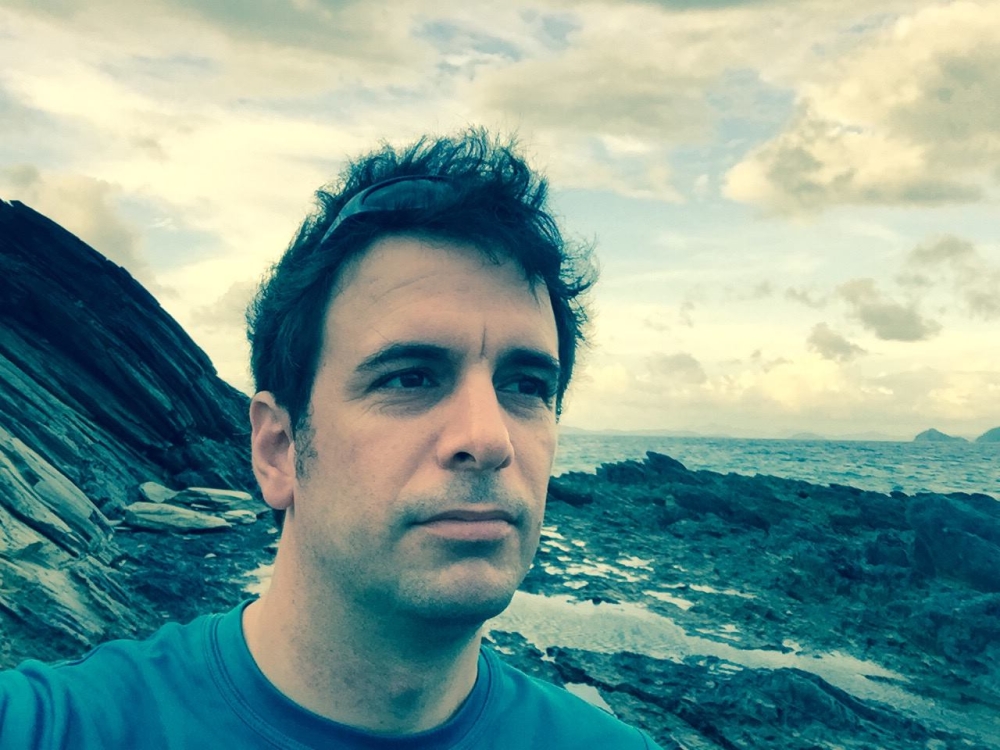FOR many years I have been reading books about endangered languages. In fact, I think the first books in English that I ever read from cover to cover were linguistics books that dealt with endangered languages. (Academic English uses many more Latin-derived words, so for me, as a Spaniard, they were curiously easier to understand than a Stephen King novel.) The idea that a linguistic code, transmitted through generations, with all its peculiarities, with all its implicit ancestral knowledge, could disappear, saddened and fascinated me at the same time.
I learned later that there were young linguists who traveled to remote places in Papua New Guinea (the most linguistically diverse place in the world), Brazil, Siberia, Australia, India or the Caucasus to record and codify a language that sometimes was no longer spoken, or was used by just a handful of speakers. I imagined this task as heroic work, in which the linguist had to try to survive in a completely alien culture, far from material comfort, while trying to codify and record in a handbook and a dictionary a language whose last speakers, generally of advanced age, had not bothered to pass on to their children.
Continue reading with one of these options:
Ad-free access
P 80 per month
(billed annually at P 960)
- Unlimited ad-free access to website articles
- Limited offer: Subscribe today and get digital edition access for free (accessible with up to 3 devices)


